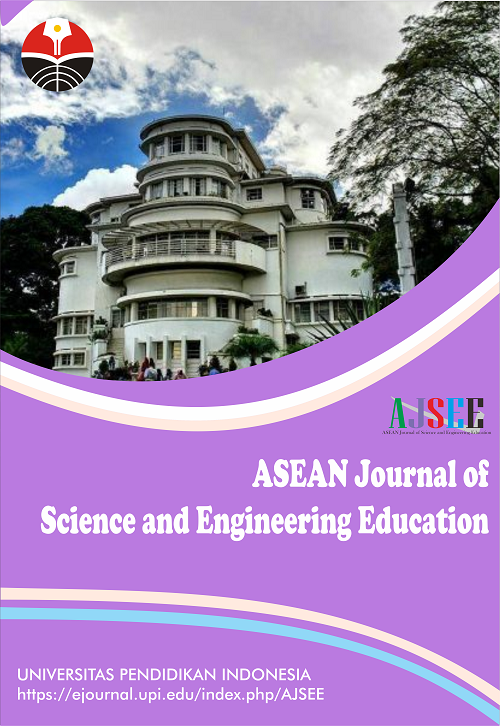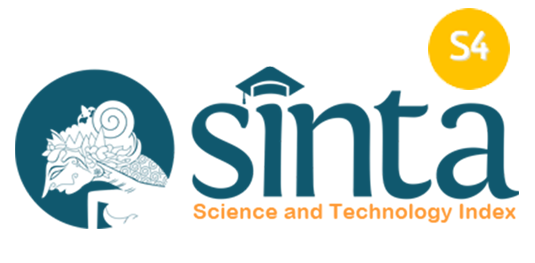The Effects of Problem-based Learning in Students Reading Comprehension for Mastering the Content and Vocabulary Acquisition
Abstract
Keywords
Full Text:
PDFReferences
Doman, E., and Webb, M. (2017). The flipped experience for Chinese university students studying English as a foreign language. TESOL Journal, 8(1), 102-141.
Ghufron, M. A., and Ermawati, S. (2018). The strengths and weaknesses of cooperative learning and problem-based learning in EFL writing class: Teachers' and students' perspectives. International Journal of Instruction, 11(4), 657-672.
Hartshorne, J. K., Tenenbaum, J. B., and Pinker, S. (2018). A critical period for second language acquisition: Evidence from 2/3 million English speakers. Cognition, 177, 263-277.
Kintsch, W., and Walter Kintsch, C. B. E. M. A. F. R. S. (1998). Comprehension: A paradigm for cognition. Cambridge university press.
Morehead, K., Dunlosky, J., Rawson, K. A., Blasiman, R., and Hollis, R. B. (2019). Note-taking habits of 21st century college students: Implications for student learning, memory, and achievement. Memory, 27(6), 807-819.
Riza, L. S., Pertiwi, A. D., Rahman, E. F., Munir, M., and Abdullah, C. U. (2019). Question Generator System of Sentence Completion in TOEFL Using NLP and K-Nearest Neighbor. Indonesian Journal of Science and Technology, 4(2), 294-311.
Sari, N. M., and Faiz, N. S. M. (2021). Internationalization of higher education: the activity–process approach at Universiti Tun Hussein onn Malaysia. Indonesian Journal of Educational Research and Technology, 1(1), 7-10.
Şendağ, S., and Odabaşı, H. F. (2009). Effects of an online problem-based learning course on content knowledge acquisition and critical thinking skills. Computers and Education, 53(1), 132-141.
Soruç, A., and Griffiths, C. (2018). English as a medium of instruction: students’ strategies. Elt Journal, 72(1), 38-48.
Torp, L., and Sage, S. (2002). Problem as possibilities, problem-based learning for k-16. USA: Association for Supervision and Curriculum Development.
Utomo, A. C., and Syamsi, K. (2019, June). The effect of PBL and DRTA on critical thinking and reading comprehension to students in elementary school. In 3rd International Conference on Current Issues in Education (ICCIE 2018). Atlantis Press, 95-101.
DOI: https://doi.org/10.17509/ajsee.v1i2.33382
Refbacks
- There are currently no refbacks.
Copyright (c) 1970 Universitas Pendidikan Indonesia

This work is licensed under a Creative Commons Attribution-ShareAlike 4.0 International License.














